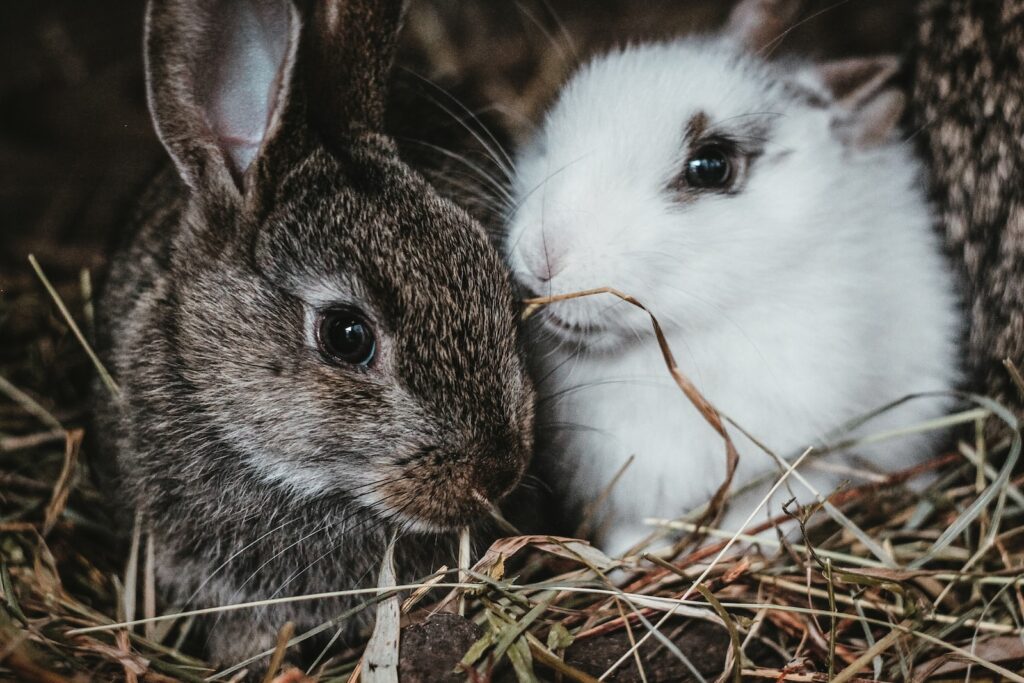Is Kiwi Safe for Rabbits? – Yes, In Moderation
Rabbits can indeed enjoy kiwi, but it should be a treat, not a main part of their diet. Kiwis are packed with nutrients which can be beneficial for rabbits, but they also have sugar. So, it’s best to give kiwi to your furry friend in small amounts. It’s about finding balance so your pet gets the benefits without the downsides.
The Nutritious Benefits of Kiwi for Bunnies
- Kiwis have vitamin C which helps keep your rabbit’s body tissue strong.
- The fruit contains fiber that helps with their digestion.
- It has potassium to support heart health and other vital functions.
- Kiwi also offers antioxidants that can help protect your rabbit’s cells from damage.
Serving Kiwi to Your Rabbit Properly
Even though kiwi is safe for rabbits, it’s important to serve it in the right way. It should only be a small treat. Give your bunny only a tiny slice once or twice a week. This is enough to let them savor the taste and get the health perks without the risk of too much sugar.
Things to Watch Out For When Feeding Kiwi to Rabbits
There are a couple of things you should keep in mind when feeding kiwi to rabbits. First, too much sugar can lead to obesity and tooth problems in bunnies. Secondly, every rabbit is different and some might not react well to new foods. Start with a tiny piece to see how your rabbit likes kiwi and to make sure it doesn’t upset their stomach.
Can Other Pets Have Kiwi Too?
Some pets might also be able to enjoy kiwi safely. For example, guinea pigs can eat kiwi in small amounts since they like fruits. However, always research or ask a vet before sharing any human food with different pets. Each animal has its own needs and what’s good for one might not be for another.
Conclusion
To wrap it up, rabbits can have kiwi but watch the portion size. Like any treat, it should complement their main diet, not replace it. Kiwi offers health benefits but moderation is key. By feeding your rabbit kiwi the right way, you can give them a tasty treat that’s also good for them. And remember, when in doubt, it’s best to check with your vet.



